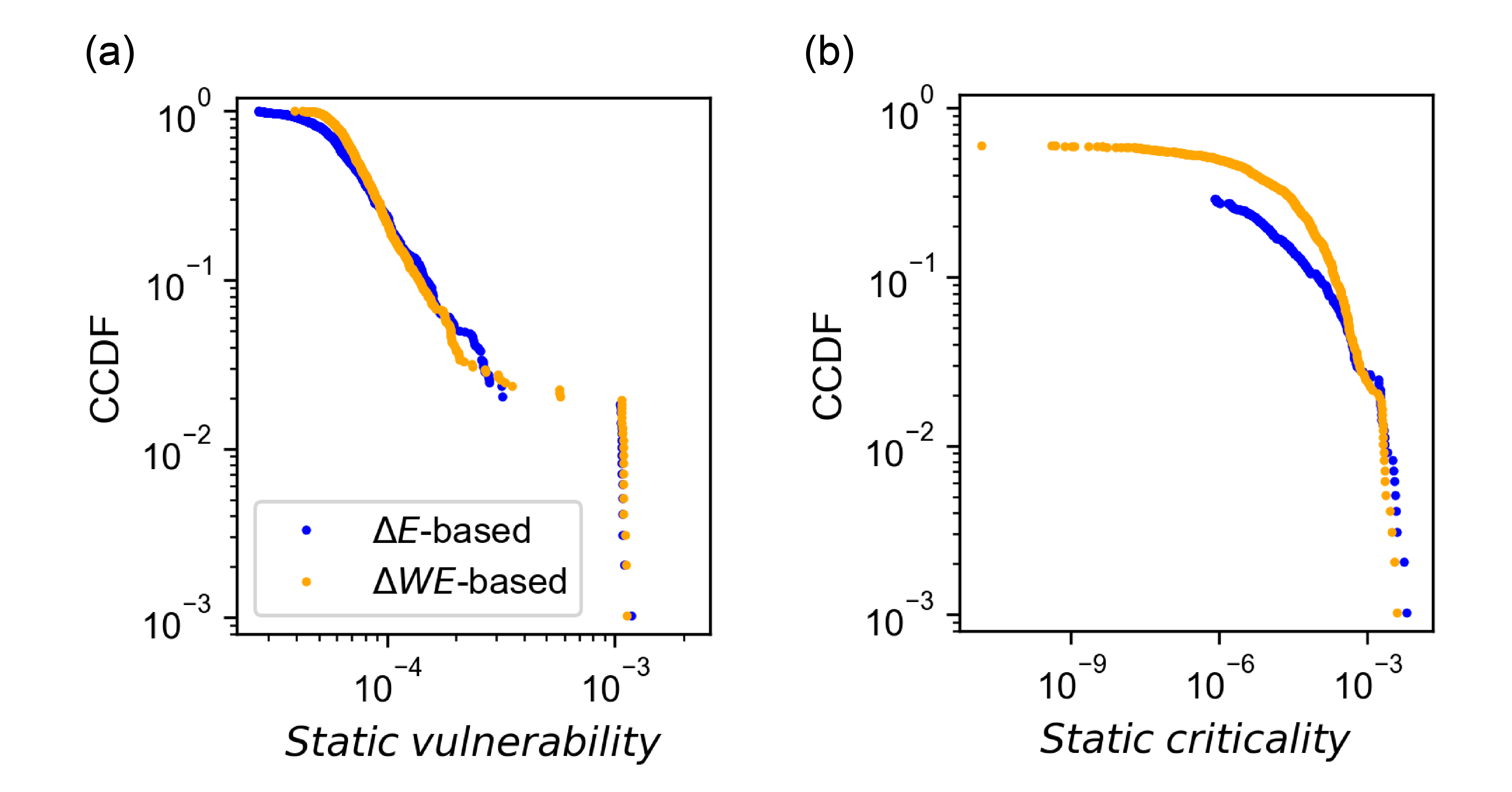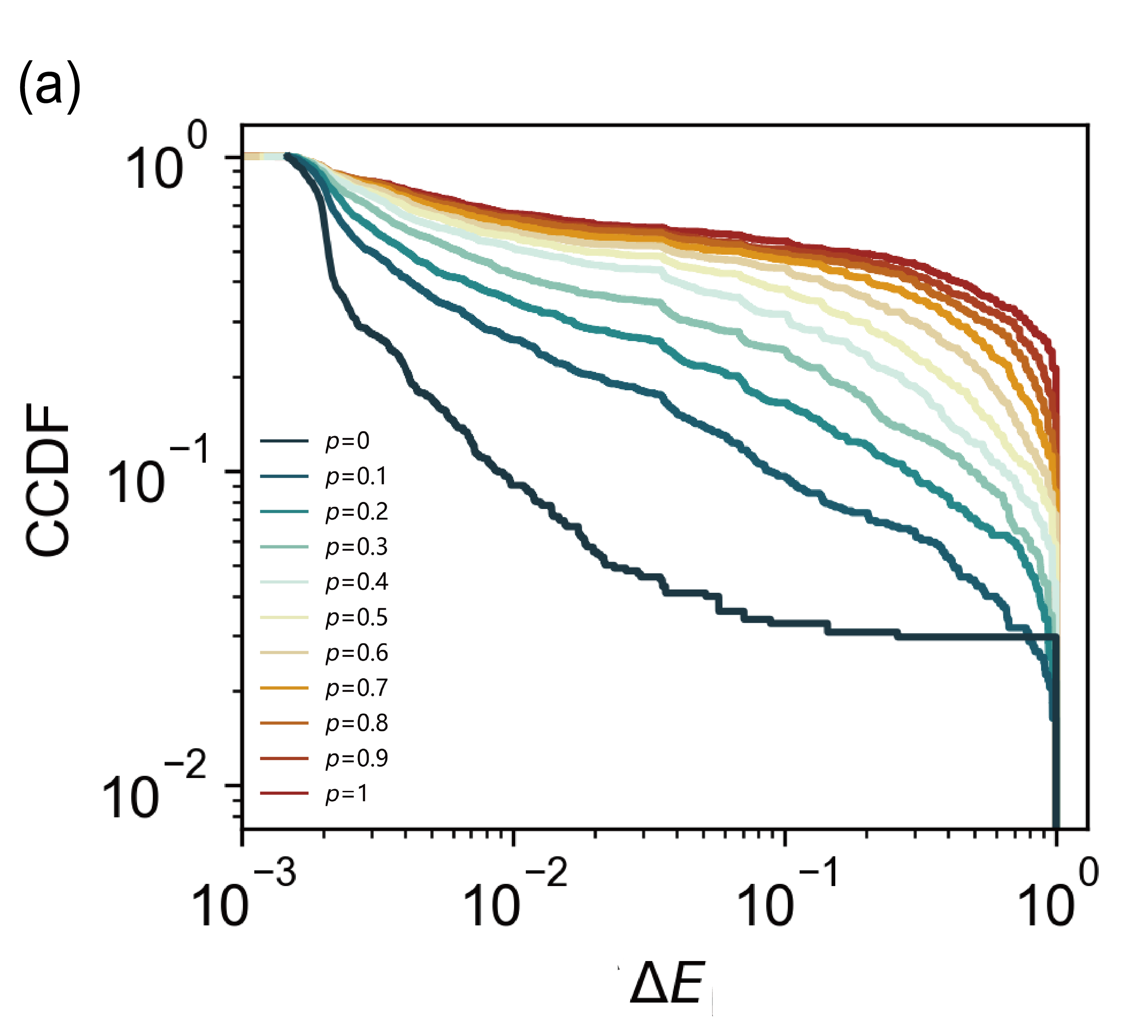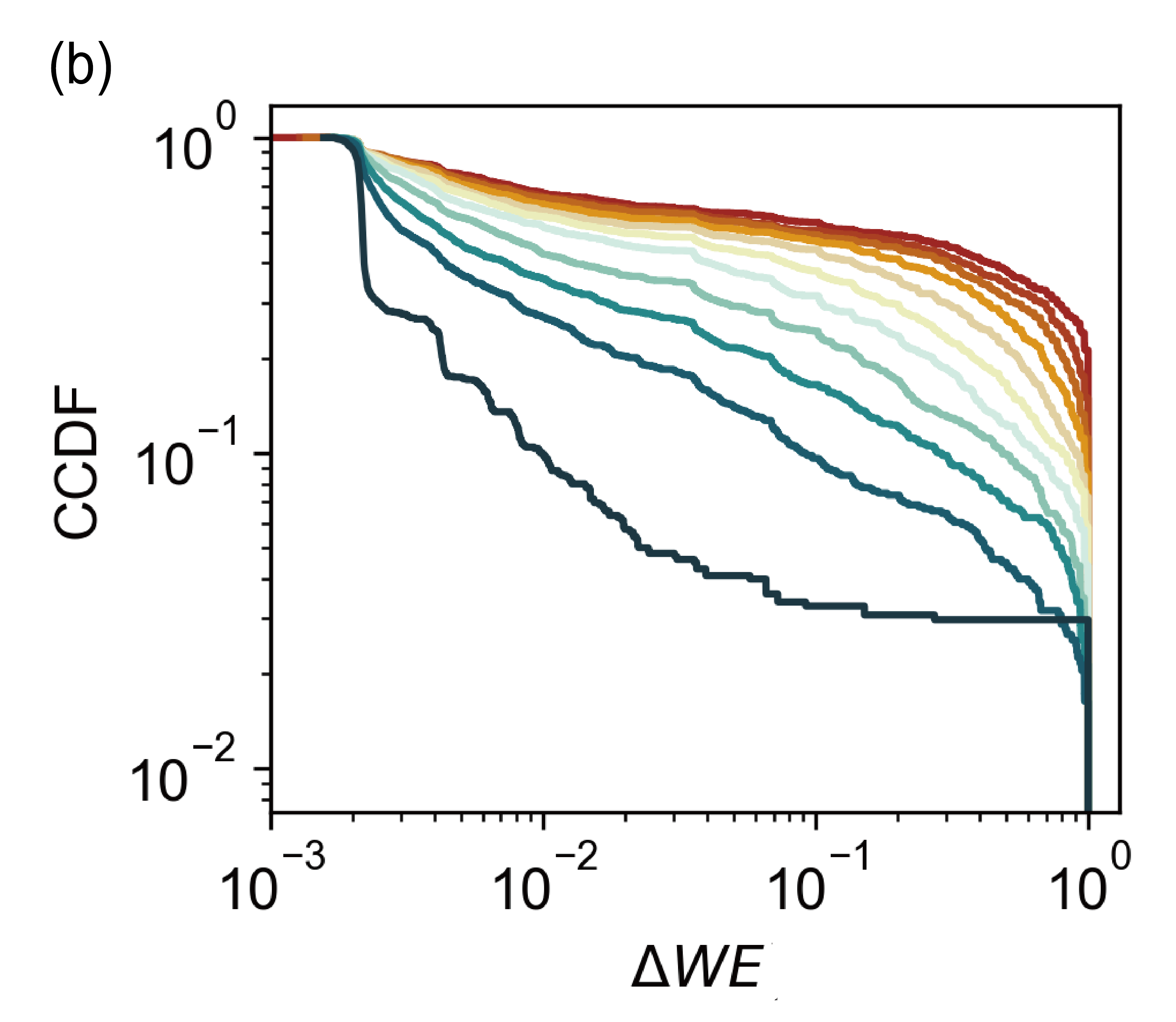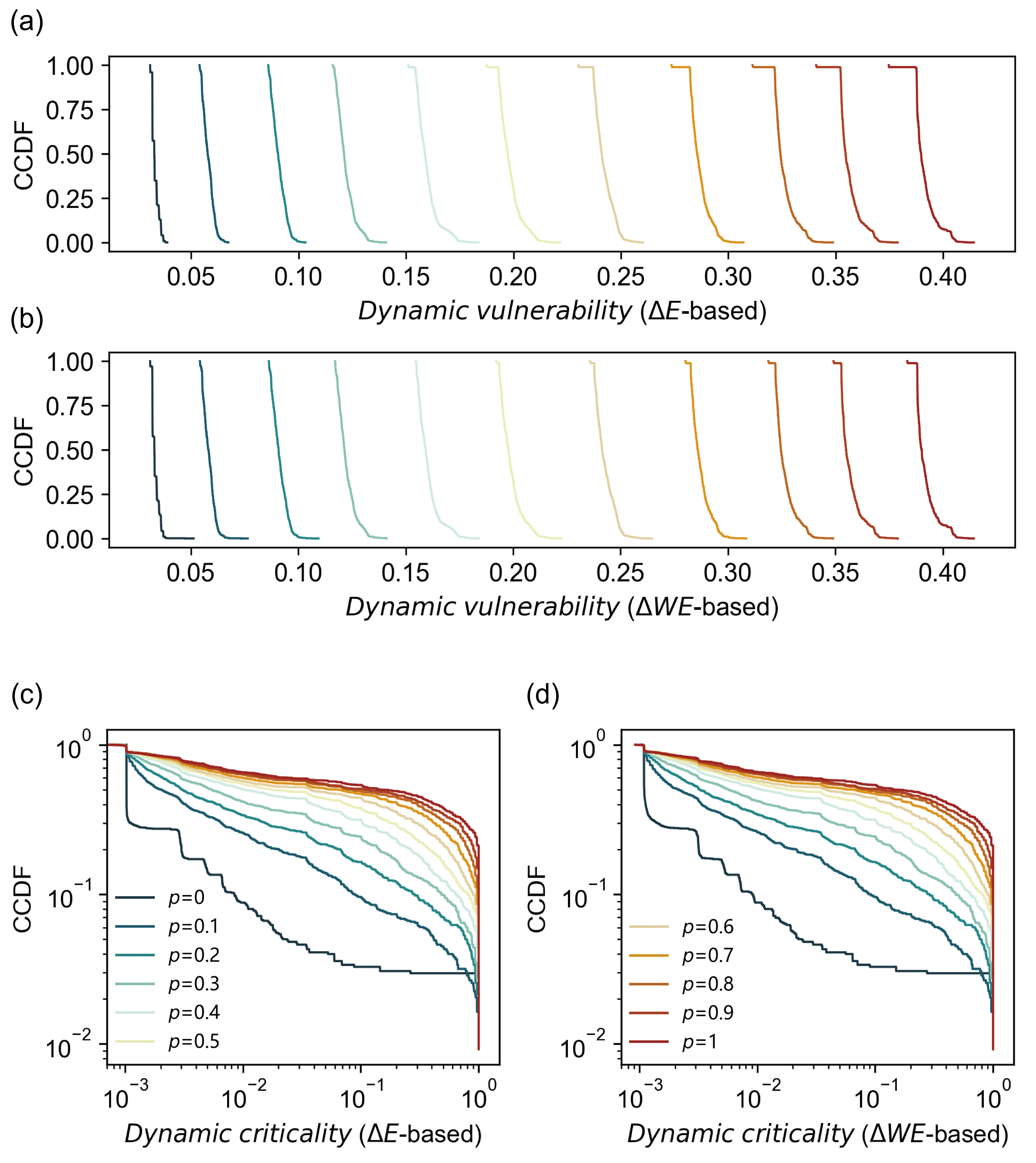Xiujuan Xu, Yifan Zhu, Mengqiao Xu*, Wenhui Deng, Yuqing Zuo.
Vulnerability analysis of the global liner shipping network: from static structure to cascading failure dynamics
Ocean and coastal management, 2022. (accepted)
read the abstract
Robust maritime transportation networks are essential to the development of world economy. But vulnerability of the global liner shipping network (GLSN) to unexpected interruptions has become apparent since the COVID-19 pandemic began, in that a single port interruption could be sufficient to trigger a cascading failure (i.e., port congestion propagation). To understand the vulnerability of the GLSN under such cascading failures, we propose a novel cascading model, which incorporates the realistic factor of liner shipping service routes’ behavior of port rotation adjustments under port failures. We apply the model to an empirical GLSN, showing that the GLSN under cascading failures is significantly more vulnerable than its static structure. Regarding two common adjustments of service routes’ port rotations (i.e., skipping failed ports and choosing alternative ports), we find that choosing alternative ports increases the GLSN vulnerability to cascading failures. Within the proposed model, we also introduce a metric termed port dynamic criticality to characterize the contribution of each port to the overall network robustness against cascading failures, finding it significantly and positively associated with port’s topological centrality in the initial GLSN. These findings provide managerial insights into preventing or mitigating port congestion propagation in the GLSN.
HTMLARTICLE
CCDFs and maps of port static vulnerability and static criticality
CCDFs and maps of the efficiency decrease of the overall GLSN after cascading failure triggered by each port, when α = 0.2.
CCDFs and maps of ports’ dynamic vulnerability and criticality, when α = 0.2




